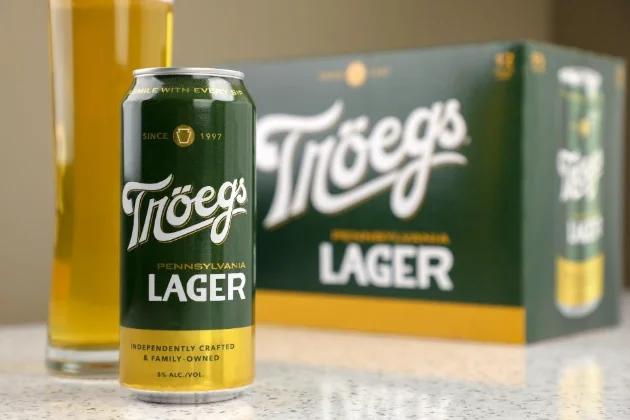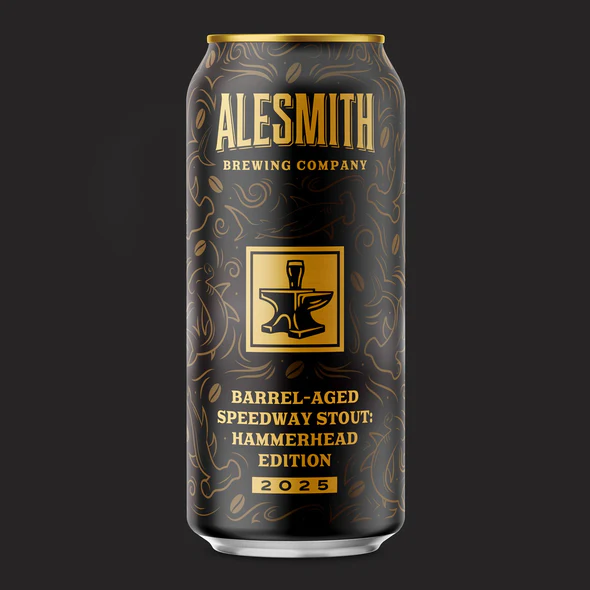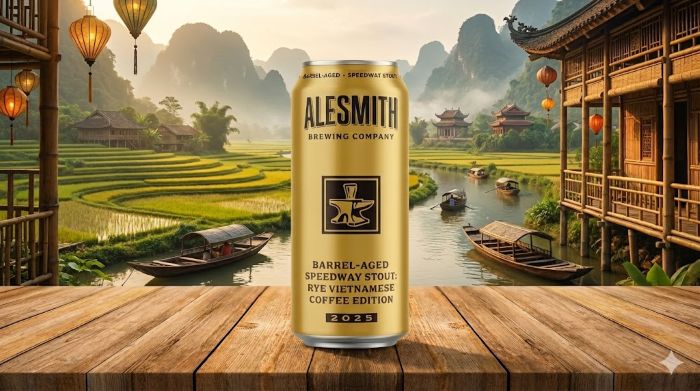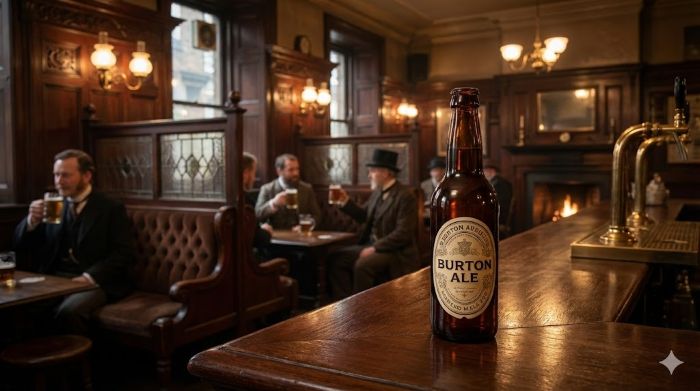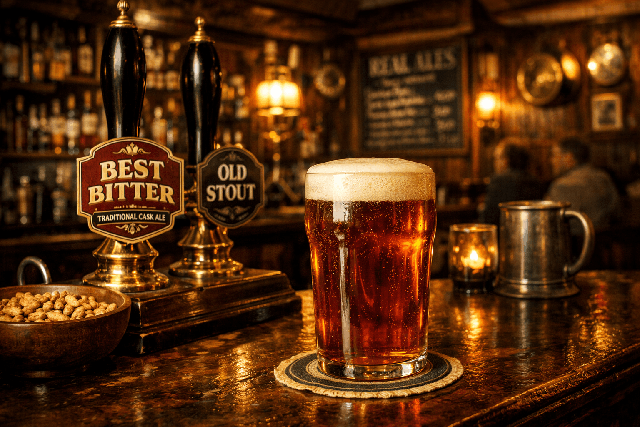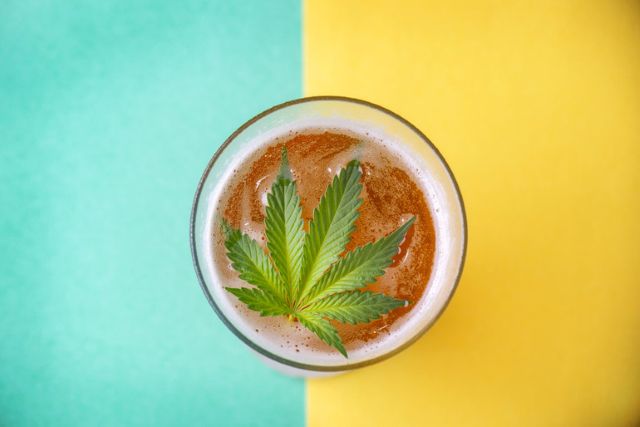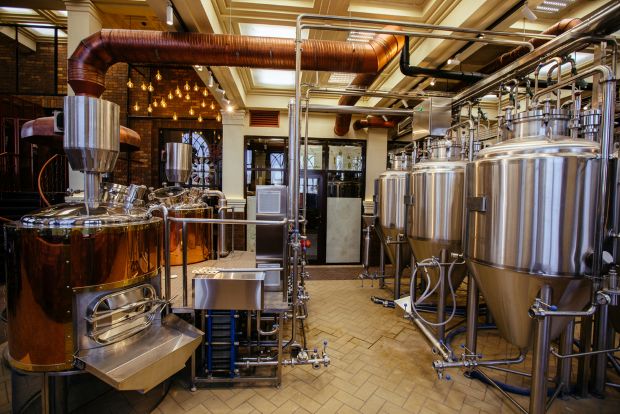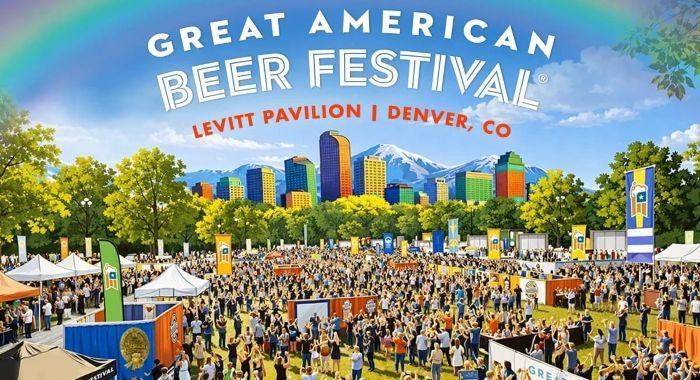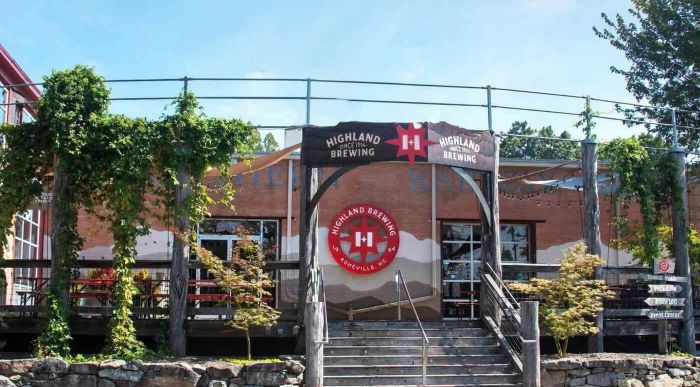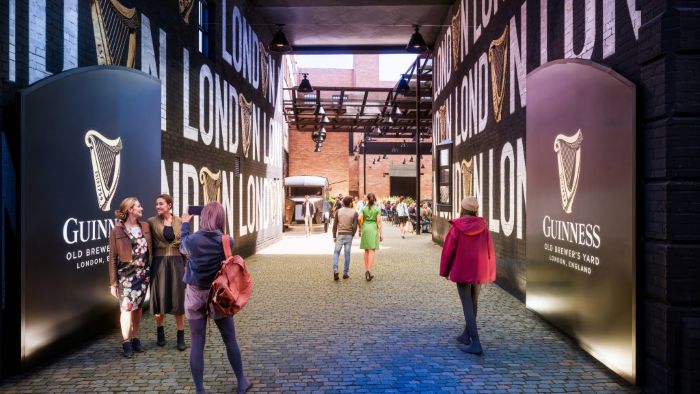15 Foreign Beer Names That Get Lost In Translation
15 Foreign Beer Names That Get Lost In Translation
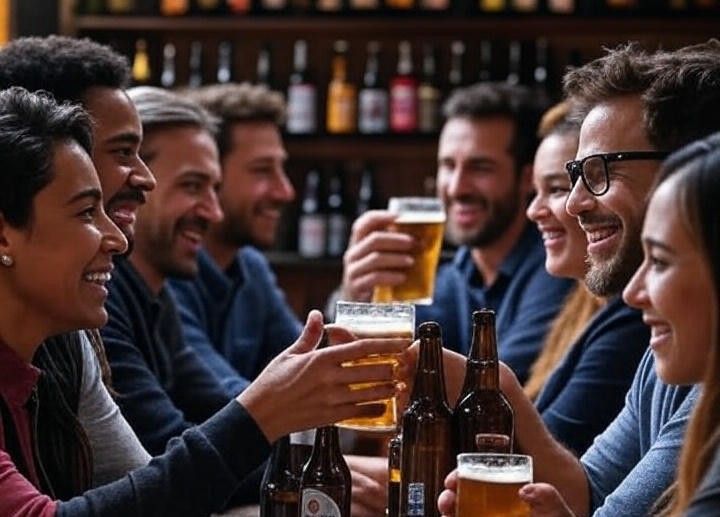
Beer lovers around the world often reach for imports with exotic labels and foreign names. But many of those well-known names don’t quite mean what you think—or they just sound more mysterious than they really are
And here are 15 foreign beer names that are commonly misunderstood or carry meanings that get lost in translation:
Heineken (Netherlands) – Named after founder Gerard Heineken. It’s just a last name—nothing more mysterious.
Asahi (Japan) – Often mistaken for a style, Asahi simply means “morning sun.”
Dos Equis (Mexico) – Spanish for “Two X’s,” a reference to the Roman numeral “XX” used to mark the 20th century.
Stella Artois (Belgium) – Stella means “star” in Latin. Artois is the last name of the master brewer.
Kirin (Japan) – The name refers to a mythical East Asian creature, often translated as a “dragon unicorn.”
Tsingtao (China) – Named after the city of Qingdao, the spelling reflects an older romanization system.
Peroni (Italy) – Another simple one: it’s just the founding family’s surname.
Amstel (Netherlands) – Named after the Amstel River in Amsterdam—not a rare hop variety or brewing method.
Sapporo (Japan) – It’s the name of the city in Hokkaido where the brewery was founded.
Leffe (Belgium) – Refers to the Abbey of Leffe, where monks originally brewed the beer.
Carlsberg (Denmark) – Combines the founder’s son’s name (Carl) and the Danish word berg (hill).
Grolsch (Netherlands) – Derived from the town of Grolle (now Groenlo), where it was first brewed.
Efes (Turkey) – Named after the ancient city of Ephesus, a nearby historical site.
Mythos (Greece) – Greek for “myth,” often assumed to be a nod to ancient gods, but really just a catchy marketing name.
Singha (Thailand) – Named after a mythical lion from Hindu and Thai folklore, not a breed or style of beer.
###
And while we’re at it, there’s also this…


